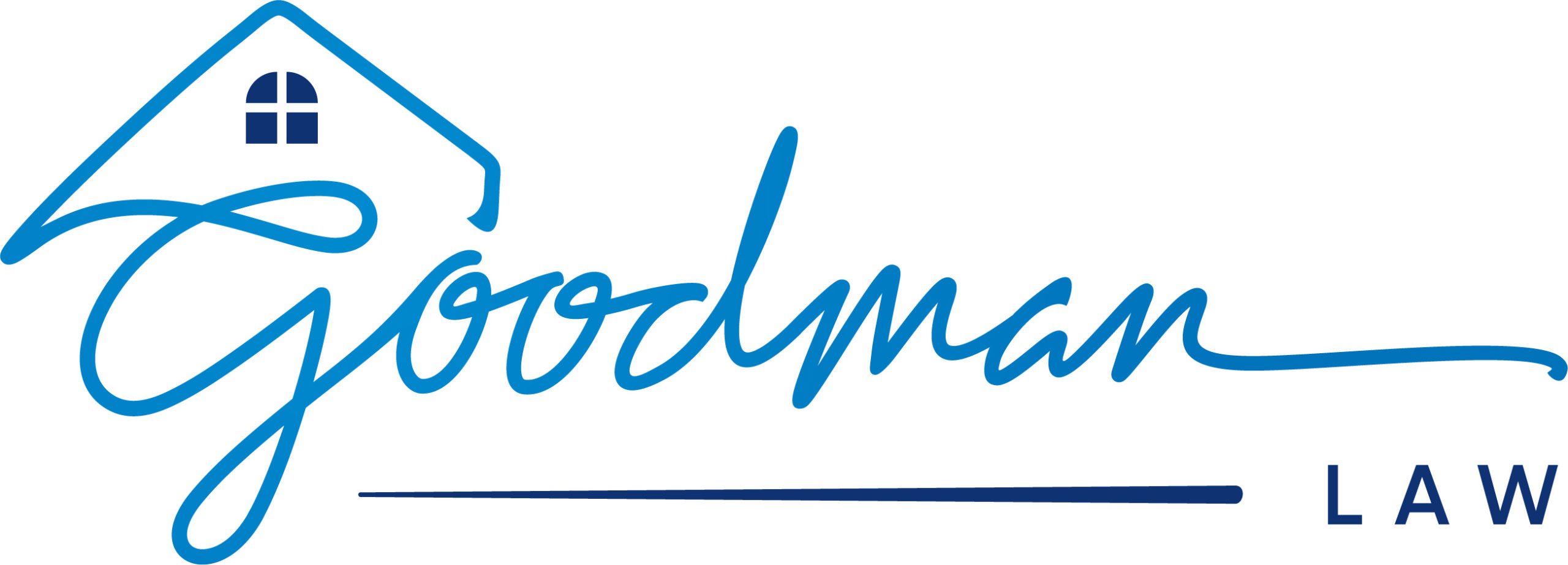In April 2018, the state of Arizona implemented new regulations surrounding a growing subset of residences designed to help individuals struggling to recover from substance abuse: sober living homes. Senate Bill 1465 (SB 1465) is intended to increase oversight and facilitate the betterment of sober living homes throughout the state by implementing mandatory licensure and certification requirements.
However, the new changes have brought about many questions for the owners and operators of these residences. While many questions are situation-specific and may require the help of an HOA lawyer in Arizona to work through, here are some answers to frequently asked questions regarding the recent sober living home regulation changes.
Are on-site injections of prescription medication considered medical, health-related or supervisory care services, which would subject sober living homes to a licensing requirement?
Yes, on-site injections of prescription medication are considered to be medication administration, which is a health-related service subject to licensure. According to regulation A.A.C. R9-10-101(120), “medication administration” refers to restricting a patient’s access to his or her medication and providing or applying that medication to the patient.
If prescription medication is kept in a locked area and dispensed by sober living home staff, would this be considered medical, health-related or supervisory care services, which would subject sober living homes to a licensing requirement?
When a sober living home facility keeps prescription medication, such as Antabuse or Methadone, and its staff either administers the medication or assists patients in self-administration, this is considered a health-related service. Thus, the facility would be subject to a licensing requirement.
If a sober living home restricts a recovering addict’s medication and provides staff to monitor their consumption of that medication, would this be considered “assistance in the self-administration of medication?
According to regulation A.A.C. R9-10-101(17), “assistance in the self-administration of medication” refers to the restriction of a patient’s access to medication and the provision of support to the patient while he or she takes the medication to ensure they take it as directed.
Thus, if a staff member of a sober living home restricts medication access and monitors a patient as they take said medication, it would be considered “assistance in the self-administration of medication,” which subjects the home to licensing requirements.
Would a recovery house be considered a “behavioral health residential facility” if behavior counseling is provided to residents who need such treatment to remain sober?
If counseling services are being provided to residents on behalf of the company, owner or facility, the home would be providing licensable services and would likely be considered a behavioral health residential facility.
However, the answer to this question largely depends on who is providing the counseling services, and on what terms. Speak with an HOA lawyer in Arizona for more assistance in determining the status of your sober living home.
What constitutes a sober living home being considered an “adult behavioral health therapeutic home”?
An adult behavioral health therapeutic home is run out of a personal residence, can have no more than three residents and has a contract with a collaborating healthcare institution to provide oversight and monitor provided services. However, these characteristics are also shared with behavioral health respite homes.
If your recovery home has staff who assist residents in acquiring living skills, coordinate transportation to scheduled appointments, monitor behavior, assist in the self-administration of medication and/or provide feedback to a case manager, you should speak with an HOA lawyer in Arizona to determine whether the home is considered a behavioral health residential home, adult behavioral health therapeutic home or a behavioral health respite home, and what licenses are required for your specific designation.
For more information about SB 1465 and the licensing requirements it now enforces, call Goodman Law Group for counsel. Our HOA lawyers can provide counsel and answer questions to help you find customized solutions to your HOA law problems.
